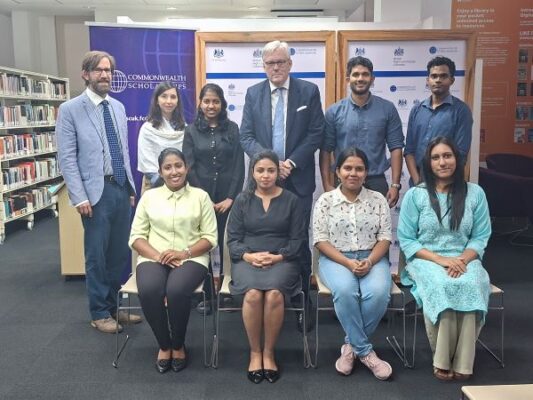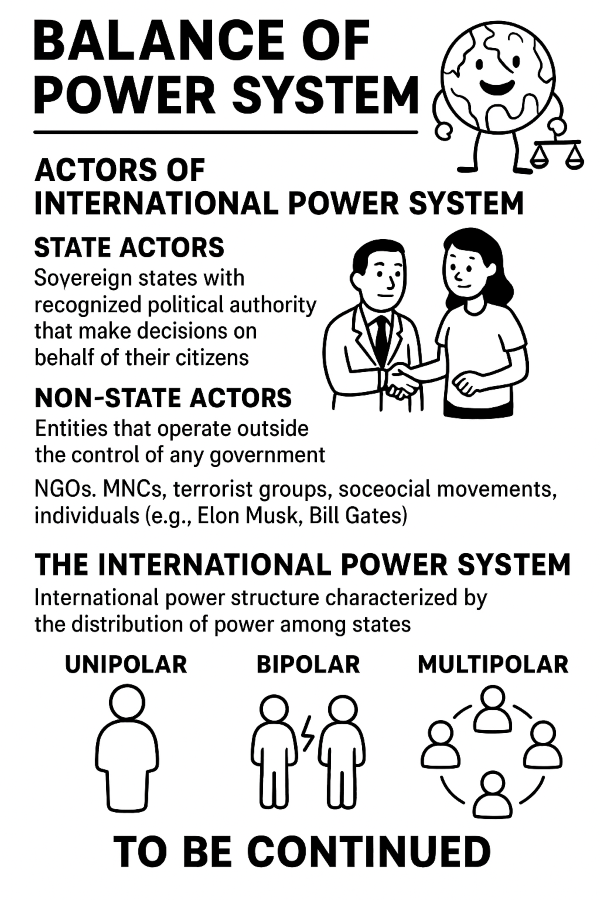Department of Home Affairs Newsletter – Update for Community [SEC=OFFICIAL]

Update for Communities
Dear community representatives,
Thank you for your ongoing support and contributions to the community.
In this fortnight’s edition, you can find information on the following:
- Pacific Engagement Visa (PEV) employer information webinar
- Funding Opportunity – Local Jobs, Local People Grant
- English Language Requirements for Australian Visa Purposes Have Changed
- Promoting Research Opportunity for Multicultural Veterans and Families
- Australia Day Community Events Grant Program from the National Australia Day Council
- Supporting Our Young People Online and Beyond
- Fair Work Ombudsman (FWO) Resources
- Building Skills for Aged Care – Transition to Practice Program
Pacific Engagement Visa (PEV) employer information webinar

The Department invites employers to attend a webinar to learn more about the Pacific Engagement Visa (PEV) which is a new permanent residence visa for participating countries across the Pacific and Timor-Leste.
The PEV is not an employer sponsored visa, however applicants do need an offer of ongoing employment for a genuine position in Australia to be granted the visa.
The webinar will be held on Thursday 11 September 09:30AM – 10:30AM (SA time) and will cover the following topics:
- PEV program overview
- Application process
- Support for participants
See the attached PEV fact sheet for employers for more information. To register for the PEV webinar, please visit the event page here.
Funding Opportunity – Local Jobs, Local People Grant

The Australian Government is inviting applications from eligible organisations to deliver services under the Local Jobs Program for the 2025–26 and 2026–27 financial years. This open competitive grant round offers a total funding pool of $10 million (GST exclusive), with grants ranging from $50,000 to $250,000.
The aim of the Local Jobs, Local People Grant is to deliver short-term activities that address the priorities set out in the Local Jobs Plan for each Employment Region. These activities should lead to ongoing, secure employment or create clear pathways to work, particularly for community members who face barriers to employment. This includes First Nations peoples, mature age Australians over 45, migrants, refugees and humanitarian visa holders, and young people up to 24 years old.
To be eligible, applicants must have an Australian Business Number, be located in Australia, hold a bank account with an Australian financial institution, and be a legal entity able to enter into binding agreements. Eligible entity types include companies, co-operatives, incorporated associations, Indigenous corporations, local government entities, partnerships, sole traders, and statutory entities.
Applications close at 9:00 pm AEST on 24 September 2025. To apply, complete the online application form via GrantConnect, ensuring you provide all requested information, address the eligibility and assessment criteria, include all required attachments, and submit to the Community Grants Hub before the closing time.
More information and application details: GrantConnect – Local Jobs, Local People Grant.
English Language Requirements for Australian Visa Purposes Have Changed

On 7 August 2025, the accepted English Language Tests (ELT) for Australian visa purposes changed.
There are now nine tests accepted. This has increased from the five tests previously accepted.
For tests taken on or before 6 August 2025, for previously accepted ELT, previous settings and requirements will stay valid for certain timeframes, dependant on the visa eligibility. Visit the department’s website for more information on the impacts to relevant visas.
The ELT changes will:
- ensure consistent scoring across test providers
- give more flexibility and test options for visa applicants.
If you wish to apply for a visa that requires evidence of your English language ability, you must ensure that you:
- take a test that is valid for the purpose of the visa you are applying for, and
- achieve the English test scores required.
Note:The English language test requirements for the Skills in Demand Visa (Subclass 482) will not change until 13 September 2025.
To learn more about the ELT changes, visit at English language visa requirements.
Promoting Research Opportunity for Multicultural Veterans and Families
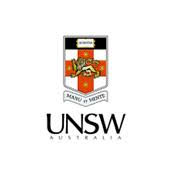
We’re seeking your support to promote a DVA-funded research opportunity to veterans from multicultural backgrounds, and their families.
The University of New South Wales (UNSW) research project seeks to better understand the service access needs of veterans from migrant or multicultural backgrounds as well as any barriers they face, in order to help us shape more inclusive and responsive veteran services.
More participants are needed to ensure the findings reflect the diversity of our veteran community.
Eligible participants will take part in a confidential 45-minute interview and receive a $50 voucher.
We would appreciate you please promoting this opportunity to your local networks using any relevant channels you see fit, such as newsletters, emails, meetings etc.
The more people we can reach, the better.
For more information scan the QR code or visit the UNSW website.
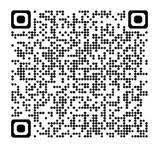
Australia Day Community Events Grant Program from the National Australia Day Council

Since 2021, the National Australia Day Council has supported over 3,000 Australia Day events through the Australia Day Community Events Grant Program, assisting councils, not-for-profits, and community groups in delivering inclusive and accessible events.
For Australia Day 2026, the program offers a $10,000 Base Grant, with an Additional $5,000 Grant available for events that include significant Aboriginal and/or Torres Strait Islander elements. Alternate Grants of $2,000 are also available to top-up budgets or cover the cost of a smaller event.
To apply or find out more including frequently asked questions, guides, toolkits and translated resources, refer to the slides attached or follow the link – Australia Day Community Events Grant Program – Australia Day.
Supporting Our Young People Online and Beyond

It’s important to help our young people counter negative influences and develop skills to be respectful online and in the real world. Our diverse communities play a vital role in guiding young people toward positive interactions and strong cultural values.
Hidden trends of disrespectful behaviour online can gradually influence how young people interact with others, both in digital spaces and their daily lives. These subtle patterns often go unnoticed by parents and community leaders. If left unchecked, these hidden trends can shape the attitudes and behaviours of young people in concerning ways.
The Department of Social Services has developed comprehensive resources available in 11 languages to help families and community organisations identify and address these issues early. These resources provide practical tools for:
- Recognising warning signs of negative online influences
- Understanding how disrespectful trends develop and spread
- Supporting positive intervention strategies
- Building respectful communication within families and communities
Community organisations are essential partners in creating positive change. By working together, we can help young people develop critical thinking skills and maintain strong connections to their cultural heritage as well as Australian values.
Learn more about supporting young people in our communities and access multilingual resources designed for your organisation’s needs HERE.
These materials can be shared within your networks and adapted for community programs.
Fair Work Ombudsman (FWO) Resources
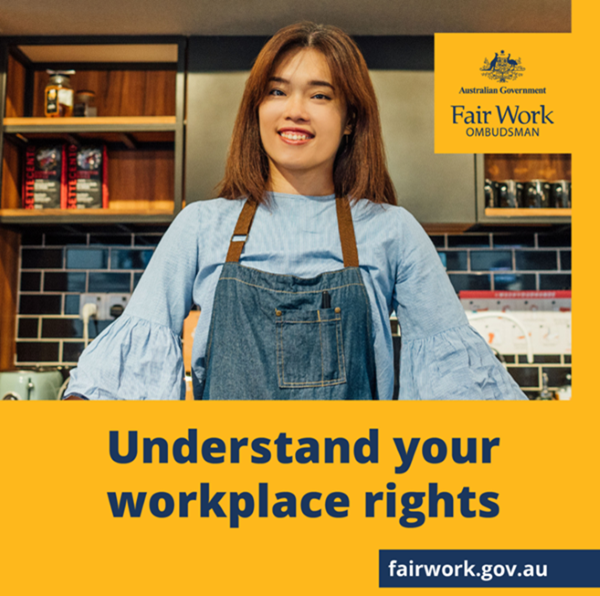
The Fair Work Ombudsman has resources to help visa holders and migrant workers understand their workplace rights and entitlements. Free online tools include:
- a Pay Calculator
- starting a new job guide
- short online courses to guide young workers and their parents, carers and teachers
- professionally translated information in over 30 languages.
Find out more at: Visa holders and migrants – Fair Work Ombudsman
Other resources:
- Fact sheet for international students: International students – Fair Work Ombudsman
- Migrant worker case study: Migrant worker case study – Vivek’s story – YouTube
- In language information: Language help – Fair Work Ombudsman
For more information regarding FWO initiatives, tools, and resources about Australia’s workplace laws for employers and employees, check out the resource lists attached.
Building Skills for Aged Care – Transition to Practice Program

New and transitioning nurses now have the opportunity to develop the skills and confidence needed to deliver high-quality care to older Australians through the Aged Care Transition to Practice Program.
Who can apply?
- Graduate registered and enrolled nurses in their first two years of practice in aged care.
- Experienced nurses and nurse practitioners moving into the aged care sector.
What’s included?
- Specialist mentoring from experienced professionals.
- Comprehensive training in aged care and gerontological nursing.
- Practical placements through leading education and aged care organisations.
Participating organisations:
- Ageing Australia
- Australian College of Nursing
- Australian Nursing and Midwifery Federation (SA Branch)
- Charles Darwin University
- University of the Sunshine Coast
The program is open now and runs until 30 June 2027.
Learn more and apply here: Aged Care Transition to Practice Program























